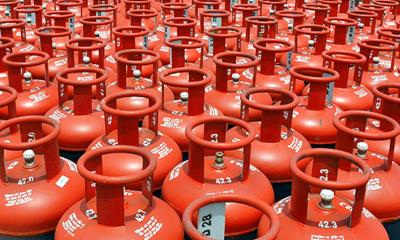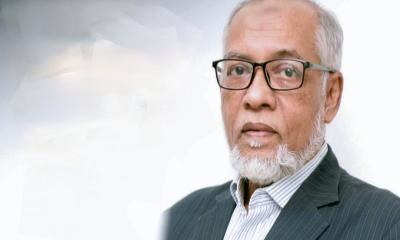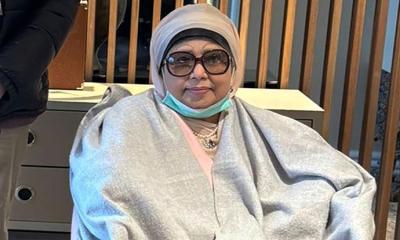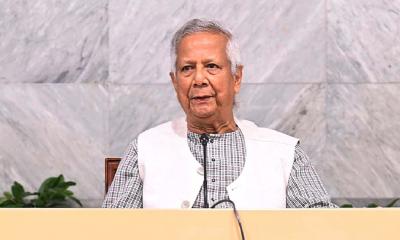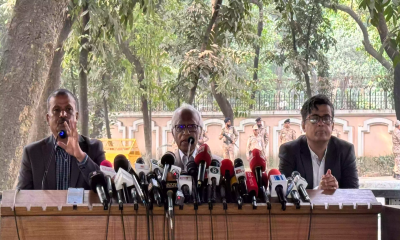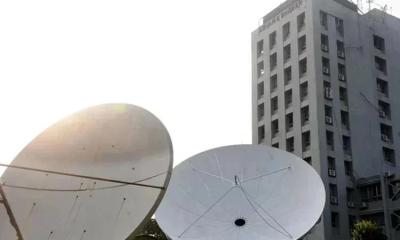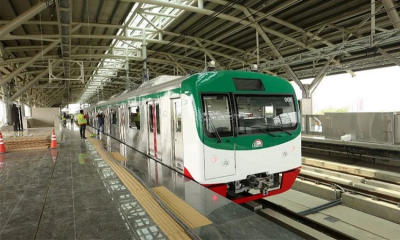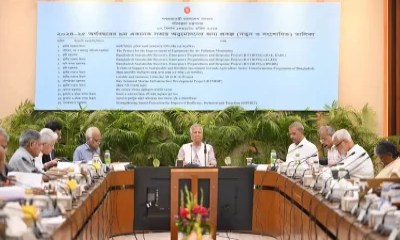Tesla has signed a $16.5 billion chip supply agreement with Samsung Electronics, a move expected to breathe new life into the South Korean company’s struggling foundry business.
The announcement, made by Tesla CEO Elon Musk, sent Samsung’s shares soaring by as much as 6.8%, reaching their highest level since September last year.
Under the agreement, Samsung’s new semiconductor facility in Taylor, Texas, will manufacture Tesla’s next-generation AI6 chip.
The chip is part of Tesla’s long-term roadmap for its Full Self-Driving technology, and production is expected to reinvigorate a project that has suffered from delays due to Samsung’s difficulties in securing major clients.
"Samsung agreed to allow Tesla to help maximize manufacturing efficiency," Musk said in a post on X. "I will personally oversee operations to accelerate progress. The fab is conveniently close to my house." In a follow-up post, he added, "The $16.5B number is just the bare minimum. Actual output is likely to be several times higher."
Samsung had previously confirmed the deal without disclosing the client’s name, citing a confidentiality request.
However, three sources familiar with the matter told Reuters that Tesla is indeed the customer. The agreement is set to run through the end of 2033.
Industry experts say the deal is significant for Samsung’s Texas fab, which had been struggling to attract clients.
In October, Reuters reported that the company had delayed delivery of chipmaking equipment from ASML due to a lack of confirmed customers. The plant’s launch has also been pushed back to 2026.
Currently, Samsung manufactures Tesla’s A14 chips, which power its Full Self-Driving system. Tesla’s AI5 chip is being produced by TSMC, initially in Taiwan and later in Arizona.
While no timeline has been provided for AI6 chip production, Tesla’s A15 chips are expected by the end of 2026, suggesting AI6 might be slated for 2027 or 2028—though analysts caution Tesla has a history of missing deadlines.
The agreement is seen as a crucial win for Samsung’s foundry unit, which trails far behind industry leader TSMC in market share.
Samsung holds just 8% of the global foundry market, compared to TSMC’s dominant 67%, according to TrendForce. TSMC’s major clients include Apple, Nvidia, and Qualcomm.
Analysts say the Tesla deal could help reduce mounting losses in Samsung’s foundry division, estimated to exceed 5 trillion won (around $3.6 billion) in the first half of this year.
The company, which reports earnings this Thursday, has faced increasing pressure in the AI chip race, lagging behind both TSMC and SK Hynix.
It remains unclear whether the Tesla-Samsung deal is linked to broader trade negotiations between South Korea and the US.
Seoul is reportedly seeking partnerships in semiconductors and shipbuilding as part of its efforts to reduce or eliminate potential US tariffs of up to 25%.
The Texas chip project is central to Samsung Chairman Jay Y. Lee’s strategy to reduce reliance on memory chips and expand the company’s presence in the contract chipmaking market.


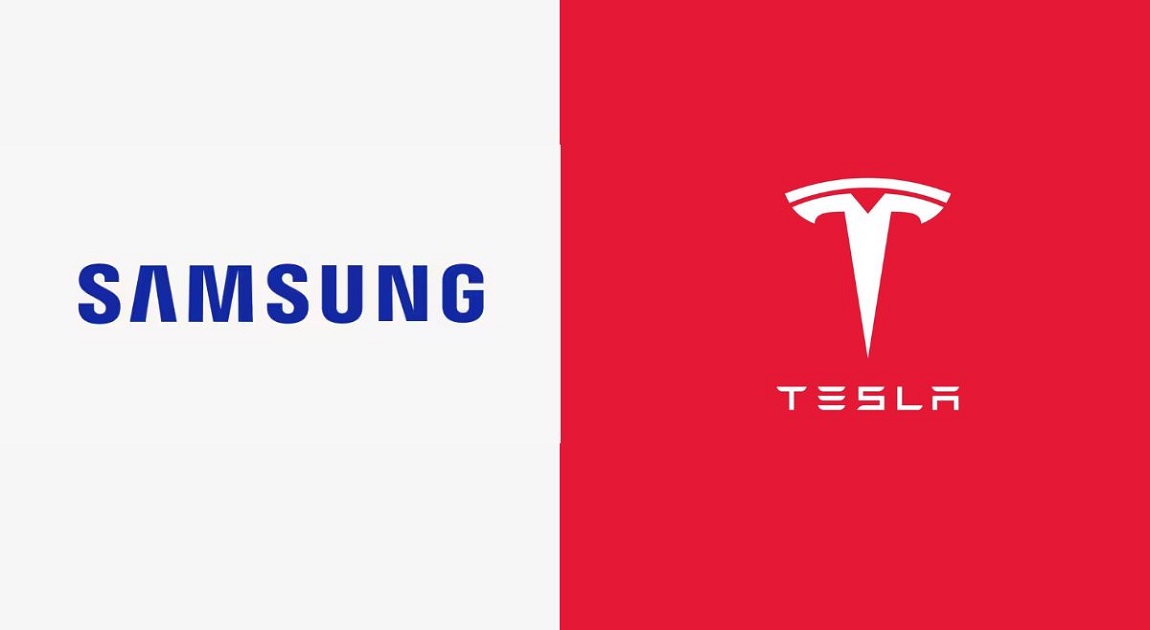

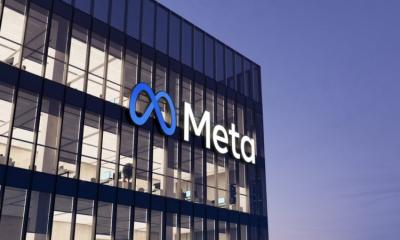
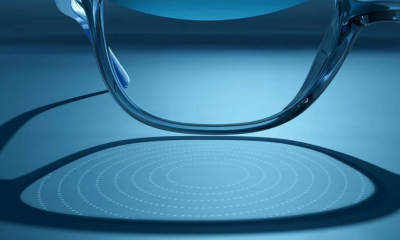





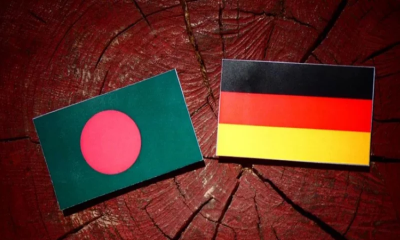
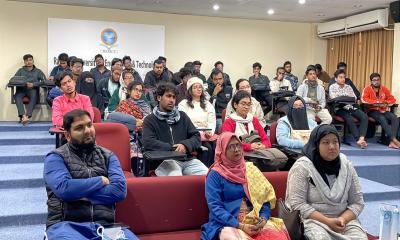
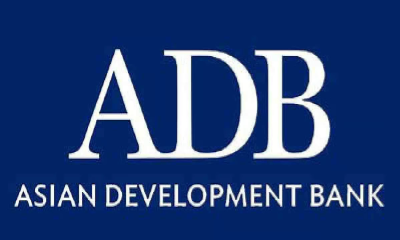

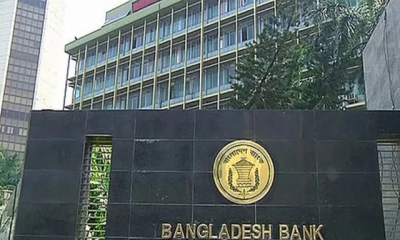
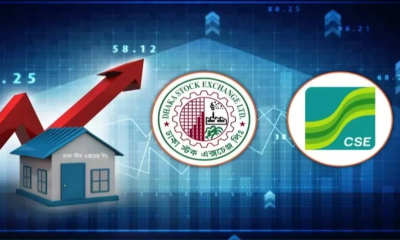


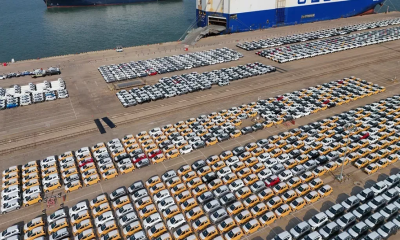
-20251207131533.jpg)

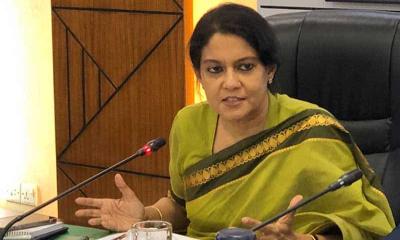
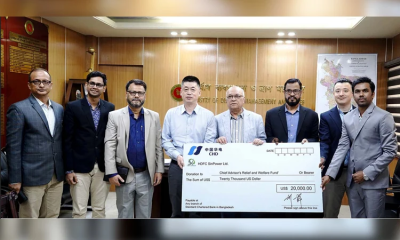
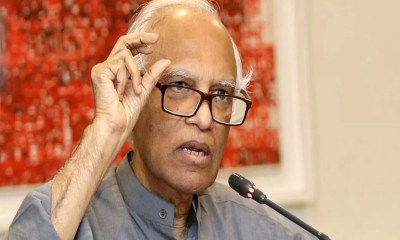

-(25)-20251122062715-20251202031751.jpeg)
-(25)-20251122062715-20251204041734.jpeg)

